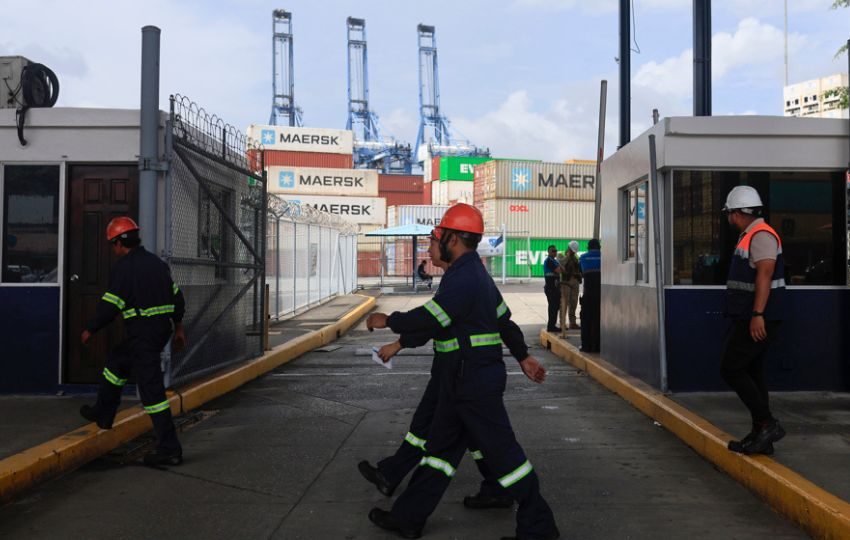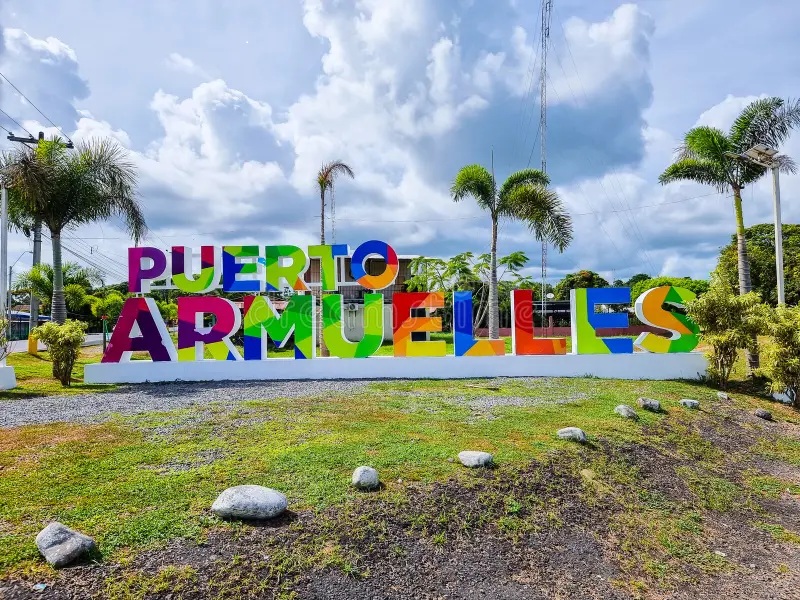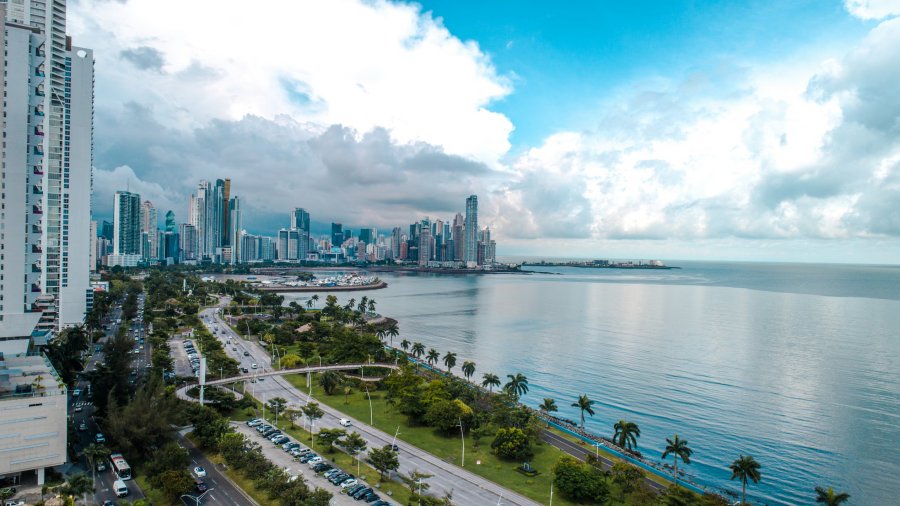ELECTIONS: Full Carter Center report

In response to requests from readers we are reproducing the full statement of the Center on Panama's elections issued on Monday May 5. A summary of the report was published on Newsroom the same day.
In light of the historical interest of former U.S. President Jimmy Carter in Panama’s democracy and well-being, The Carter Center and the Friends of the Inter-American Democratic Charter closely followed the electoral process and sent a small, high-level delegation to the May 4 general elections. The delegation aimed to promote and encourage the authorities and political and social actors to carry out a credible electoral process based on respect for the rule of law and democratic institutions, and did not constitute an election observation mission.
Election day was carried out in exemplary form. We congratulate the Panamanian citizens who fulfilled their civic responsibility in a massive and peaceful manner; the Catholic Church for its role as a promoter and guarantor of Ethical Electoral Pact and for the domestic election observation; and the Electoral Tribunal, that proved yet again why it is one of the institutions with the highest credibility and confidence in the country. We congratulate the newly-elected authorities and the various contenders for their civility and rapid and responsible acceptance of the results announced by the Electoral Tribunal, which contributed to maintain peace in the country.
Many lessons stem from a long and intense electoral campaign that was not without controversy due to the negative tone of the campaign, inequity in access to the media, the use of state resources, and absence and ineffectiveness of the electoral prosecutor.
With election day behind and while the experiences of the process are still fresh, the time is ripe for the various social, political, and institutional actors to reflect on the measures and reforms needed to ensure that future elections are conducted on more equitable terms; greater transparency in campaign revenues and expenditures, as well as access to the media; more transparency and control over the abuse of state resources; and strict compliance with the ban on public authorities to actively campaign, among other key issues.
The Carter Center and the Friends of the Charter will remain alert to the development and consolidation of Panamanian democracy and its institutions, and reiterate their willingness to contribute to the process.
The Carter Center and the Friends of the Charter visited Panama three times in 2014: In January under the leadership of former President of the Inter-American Commission on Human Rights Carlos Ayala; on March 14 with a visit of President Carter who, invited by the Commission for Justice and Peace, was witness of honor to the ratification of the Ethical Electoral Pact by the seven presidential candidates; and finally with a delegation to the May 4 general elections, led by former President of Colombia Andres Pastrana and former Foreign Secretary of Mexico Jorge Castaneda. The three delegations included Jennifer McCoy and Marcelo Varela-Erasheva, director and associate director of the Carter Center’s Americas Program, and Program Associate Ana Caridad. In addition to the three visits, expert consultant Ricardo Valverde remained in country throughout the month of April and until the election concluded, to monitor and analyze the socio-political climate, the behavior of the various political and institutional actors, and the development of the electoral campaign leading up to the elections.
The Friends of the Inter-American Democratic Charter group is composed of former presidents, prime ministers, cabinet ministers, and human rights leaders from the Western Hemisphere who seek to increase the visibility of the Inter-American Democratic Charter and to prevent democratic tensions from erupting into crises. The Friends visit countries to assess democratic tensions, encourage citizens and governments to make use of international resources to defend their democracies and resolve constitutional conflicts, and recommend ways for the OAS to apply the charter in a constructive and preventative manner. The Carter Center serves as secretariat for the Friends.
"Waging Peace. Fighting Disease. Building Hope."
A not-for-profit, nongovernmental organization, The Carter Center has helped to improve life for people in 80 countries by resolving conflicts; advancing democracy, human rights, and economic opportunity; preventing diseases; and improving mental health care. The Carter Center was founded in 1982 by former U.S. President Jimmy Carter and his wife, Rosalynn, in partnership with Emory University, to advance peace and health worldwide.





